- Hits: 1053
PSUKPP Delegation Visits NDRC UMS to Strengthen Smart Collaboration in Disaster Management
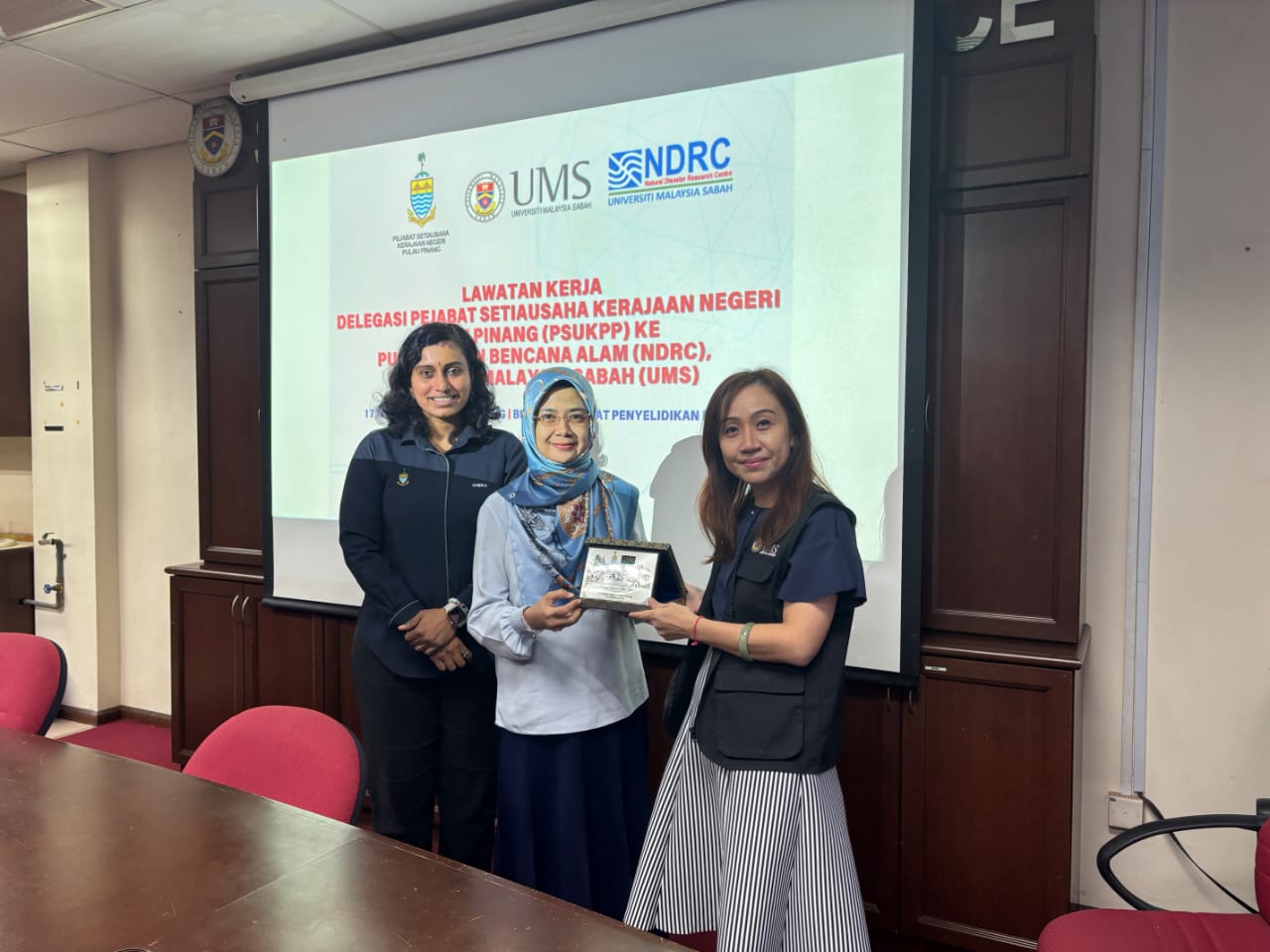
The Natural Disaster Research Centre (NDRC) at Universiti Malaysia Sabah (UMS) aims to further explore smart collaborations with various agencies to enhance disaster management efforts.
This was highlighted by the Director of NDRC, Assoc. Prof. Ts. Gs. Dr. Carolyn M. Payus, while welcoming a working visit from the delegation of the Penang State Secretary's Office (PSUKPP), led by the Head of the Disaster Management Unit, Ambika Devi a/p Daran, to UMS recently.
According to Carolyn, the visit by PSUKPP aimed to gain a deeper understanding of NDRC's functions and research activities, as well as to explore cross-sector collaboration opportunities in disaster management.
“We warmly welcome visits from government agencies and NGOs, such as PSUKPP, which open up opportunities for collaboration in research and consultancy related to national disaster management across various sectors.
“Such visits encourage academic collaboration and foster smart understanding between NDRC UMS and state government agencies like PSUKPP in strengthening the national disaster risk reduction agenda,” she said.
She added that NDRC serves as a focal point for all disaster-related research in Sabah.
“The center is also actively involved in disaster risk management and reduction activities through research and public awareness programs, particularly in enhancing community preparedness for disasters.
“This includes initiatives to empower the implementation of Community-based Disaster Risk Management (CBDRM) in Sabah,” she explained.
During the visit, Carolyn introduced NDRC researchers and officers present, including Disaster Communication Research Fellow from the Faculty of Social Sciences and Humanities (FSSK) UMS, Dr. Mumamad Ikhram Mohamad Ridzuan; Deputy Director I of the Sabah Weather and Earthquake Operations Center, Malaysian Meteorological Department, Dr. Chai Mui Fatt, who is also an Associate Research Fellow at NDRC; and NDRC Research Officer, Eldawaty Madran.
At the end of the visit, the nine-member delegation toured the Earthquake Monitoring System, SEISCOMP3, at the NDRC Laboratory, the Kota Kinabalu Seismology Station (UMS), and the Tidal Gauge (Tsunami) Station operated by MET Malaysia at the UMS Jetty.
A technical briefing on the functions of SEISCOMP3, the Seismology Station, and the Tidal Gauge (Tsunami) was delivered by Dr. Chai Mui Fatt.
Also present during the visit were the Secretary of the Human Resource Management Division at PSUKPP, Roziyah Shariff; Head of the Corporate Communications & Innovation Unit, Saiful Syarizal Yaakob; Head of the Integrity Unit, Mohd Faizal Che Meh; and Secretary of the Council and Protocol Management Division, Mohd Roshidi Azmi.



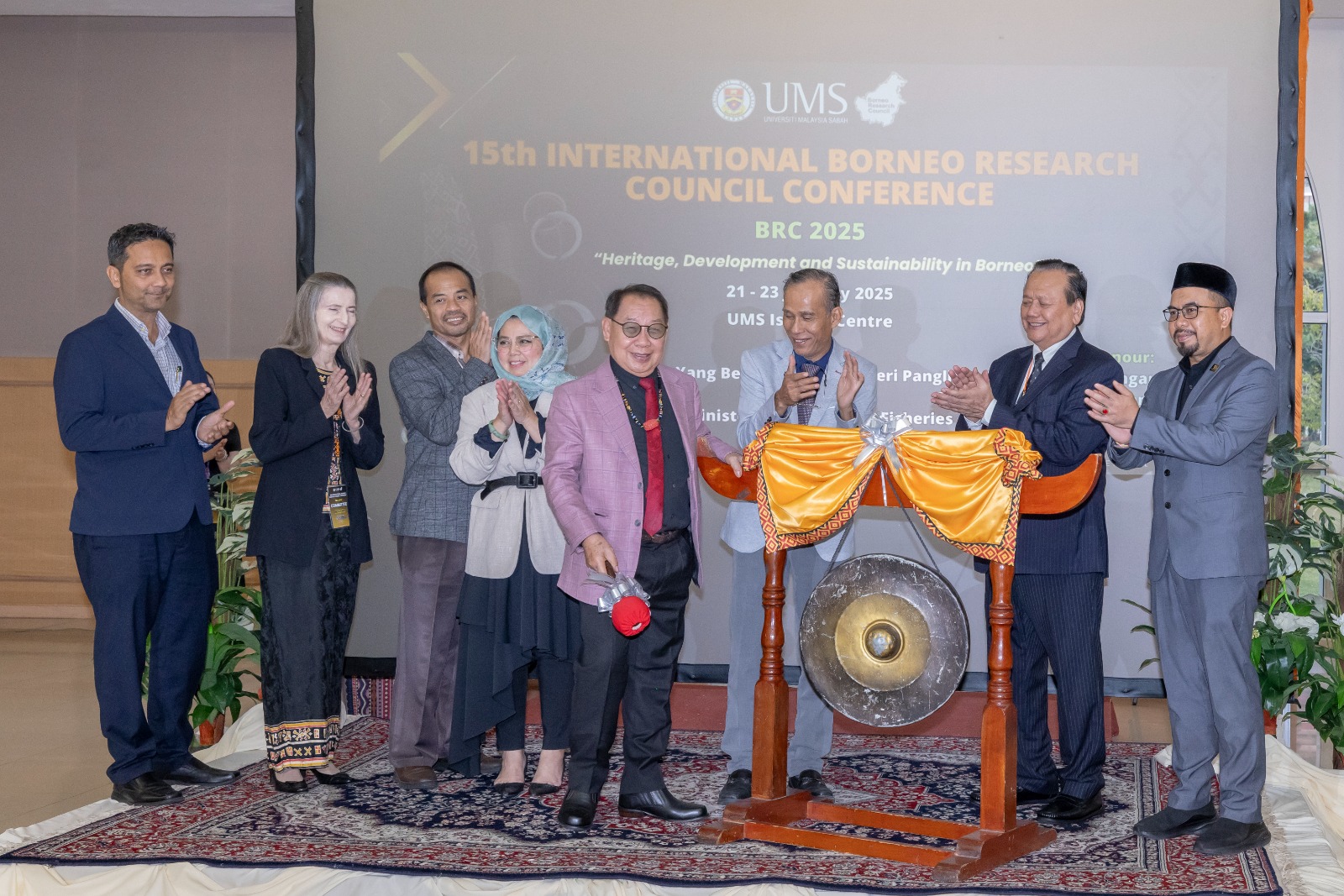
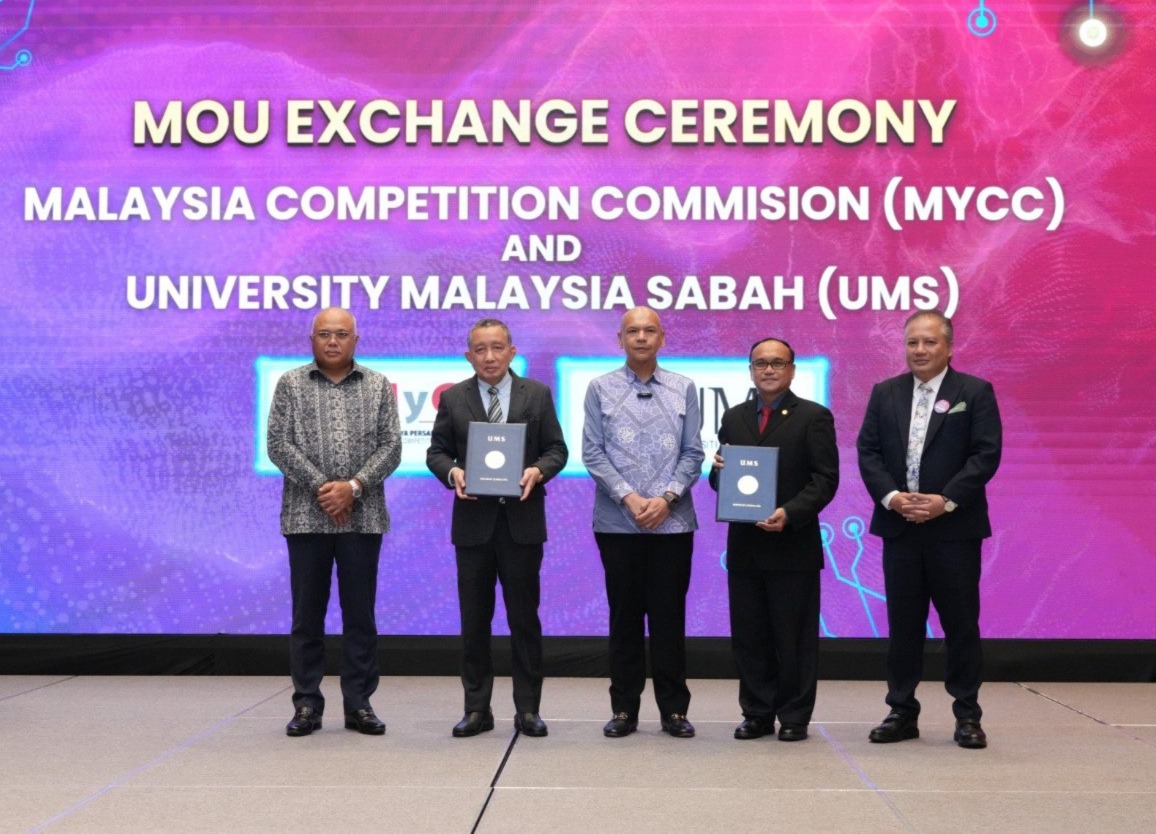
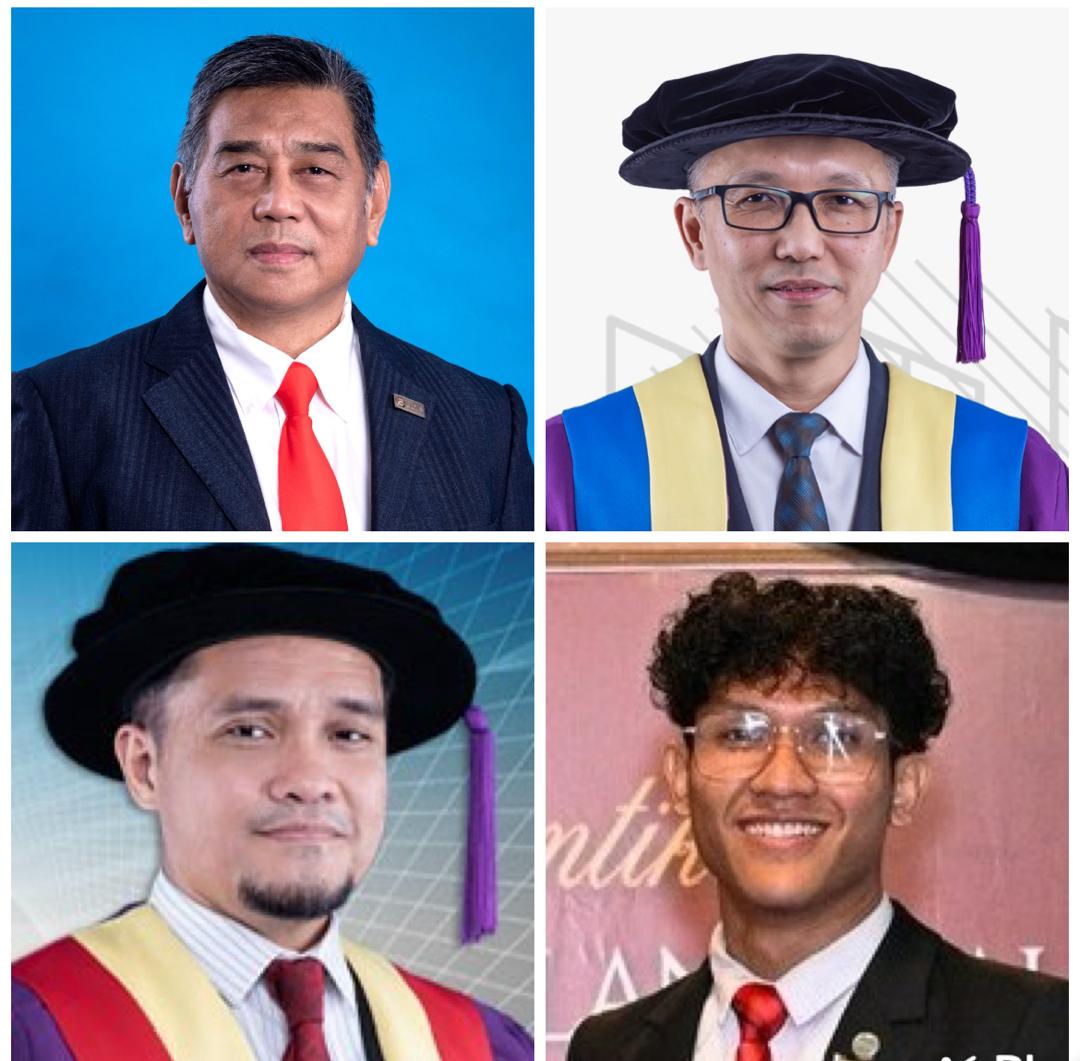
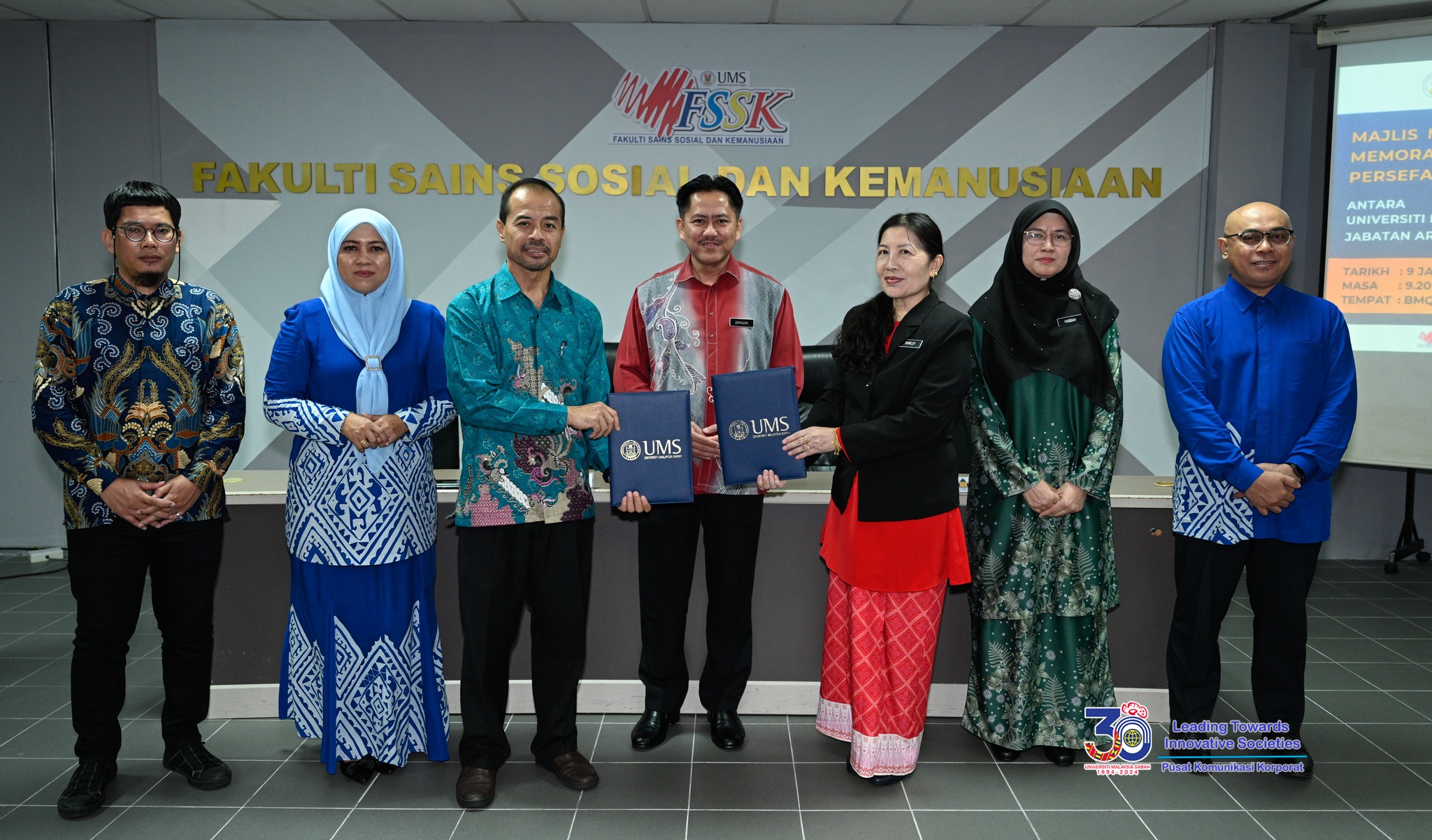 Universiti Malaysia Sabah (UMS) and the Sabah State Archives Department have signed a memorandum of understanding (MoU) to collaborate in research, education, and the management and preservation of Sabah's heritage resources.
Universiti Malaysia Sabah (UMS) and the Sabah State Archives Department have signed a memorandum of understanding (MoU) to collaborate in research, education, and the management and preservation of Sabah's heritage resources.